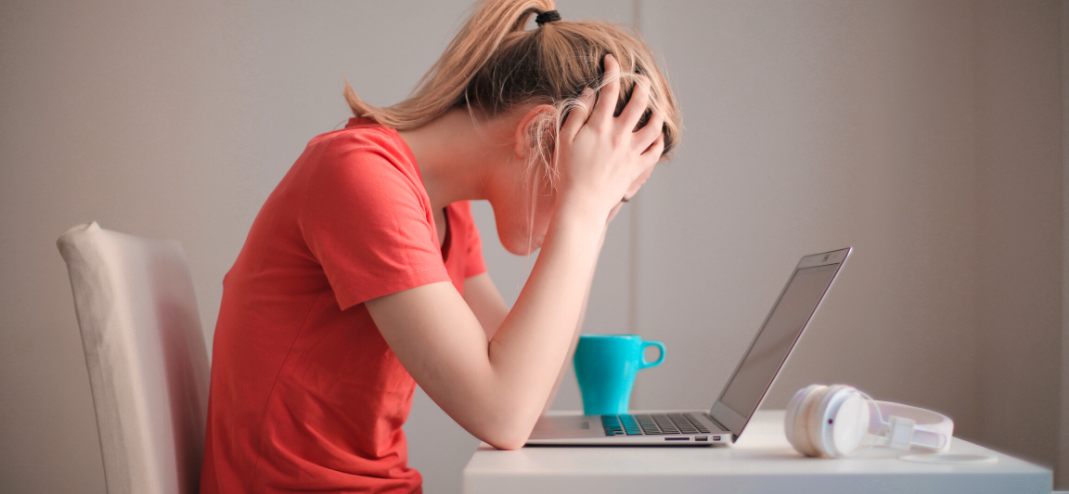Blog
How to manage and reduce stress

Stress is a feeling of being under abnormal pressure. This pressure can come from different aspects of life such as increased workload, an argument or financial worries. You may find that it has a cumulative effect, with each stressor building on top of one another.
During these situations you may feel threatened or upset and your body might create a stress response. This can cause a variety of physical symptoms, change the way you behave, and lead you to experience more intense emotions.
Everyone experiences stress. However, when it is affecting your wellbeing, it is important to tackle it as soon as possible, and while stress affects everyone differently, there are common signs and symptoms you can look out for:
- feelings of constant worry
- feelings of being overwhelmed
- difficulty concentrating
- mood swings
- irritability
- difficulty relaxing
- depression
- low self-esteem
If you are experiencing these symptoms for a prolonged period, and feel they are affecting your everyday life or are making you feel unwell, you should speak to your GP.
Three steps to take when feeling stressed
1. Realise when it is causing you a problem
- Try to make the connection between feeling tired or ill and the pressures you are faced with
- Look out for physical warnings such as tense muscles, over-tiredness, headaches or migraines
2. Identify the causes
- Try to identify the underlying causes
- Sort the possible reasons for your stress into three categories 1) those with a practical solution 2) those that will get better given time and 3) those you can’t do anything about
- Try to release the worry of those in the second and third groups and let them go
3. Review your lifestyle
- Could you be taking on too much?
- Are there things you are doing which could be handed over to someone else?
- Can you do things in a more leisurely way?
- To act on the answer to these questions, you may need to prioritise things you are trying to achieve and re-organise your life
Seven steps to help protect yourself from stress
1. Eat healthily
Eating healthily can reduce the risks of diet-related diseases. There is a growing amount of evidence showing how food affects our mood and how eating healthily can improve this. You can protect your feelings of wellbeing by ensuring that your diet provides adequate amounts of brain nutrients such as essential vitamins and minerals, as well as water.
2. Be aware of smoking and drinking alcohol
Try not to, or reduce the amount you smoke and drink alcohol. Even though they may seem to reduce tension initially, this is misleading as they often make problems worse
3. Exercise
Try and integrate physical exercise into your lifestyle as it can be very effective in relieving stress. Even just going out and getting some fresh air, and taking some light physical exercise, like going for a walk to the shops can really help
4. Take time out
Take time to relax. Strike the balance between responsibility to others and responsibility to yourself, this can really reduce stress levels. Tell yourself that it is okay to prioritise self-care.
5. Be mindful
Mindfulness involves paying attention to our thoughts and feelings in a way that increases our ability to manage difficult situations and make wise choices. Try to practice mindfulness regularly. Mindfulness meditation can be practiced anywhere at any time. Research has suggested that it can reduce the effects of stress, anxiety and related problems such as insomnia, poor concentration and low moods, in some people.
6. Get some restful sleep
Are you finding you are struggling to sleep? This is a common problem when you’re stressed. Could you make small changes to your lifestyle to help your get a restful sleep?
7. Don’t be too hard on yourself
Try to keep things in perspective. Remember that having a bad day is a universal human experience. When your inner critic or an outer critic finds faults, try and find truth and exception to what is being said. Act as if you were your own best friend: be kind and supportive.
To read our blog post on 5 Simple Relaxation Techniques to manage Stress Click Here
« Back to All Posts
